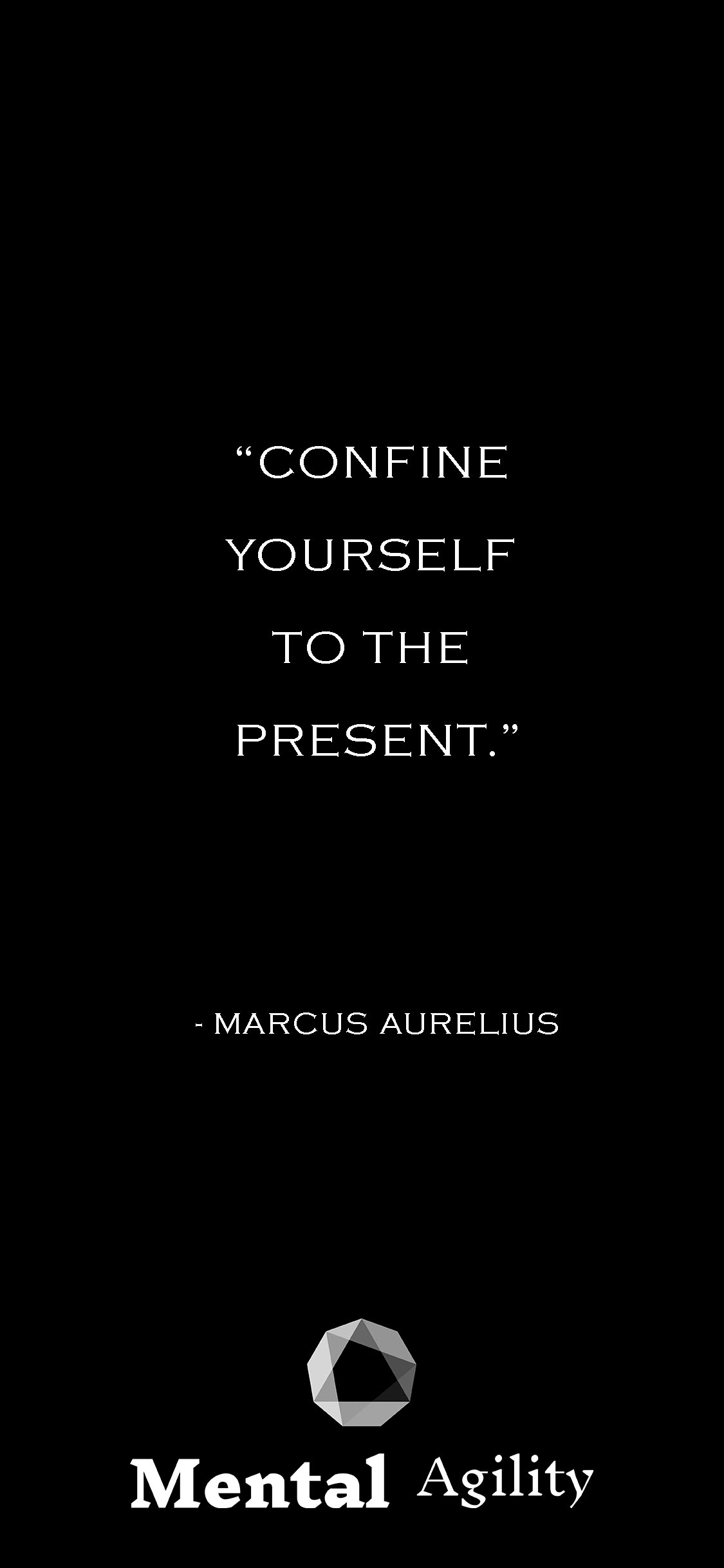Due to my love affair for routine; travel has generally been a disruptive force for my mental well being. Not only am I in an unfamiliar environment, I am also unable to follow my routine exactly. Up until a year ago or so, I struggled when traveling. Building up anxiety until I had an inevitable panic attack during my trip, or not long after returning home.
One of my areas of personal growth has been becoming more mentally flexible. I do not follow the routines I listed to the letter, every day. I tried that, and anytime I missed something I felt like a failure.
Now, I try to hit for five hundred instead of one thousand. That has helped me tremendously when traveling.
I am writing this from my Dad’s office, overlooking the back porch, while listening to a bunch of dogs bark. I woke up this morning, stretched, meditated, cleaned myself up, took my meds, used by sister’s old Keurig to brew a latte. The big change is the manner in which I create my cup of coffee, and in the past I would have allowed that change to bother me.
In other words, I thought I was not performing my routine “right”. Which, when you step back from that observation, you realize it is absurd. I cannot tell you to stop judging yourself; that is part of our nature.
I advise you, as I try to remind myself, that you can judge yourself in a healthier manner. I term this
the cultivation of discipline
Discipline - “Train to obey rules or a code of behavior, using punishment to correct disobedience.”
Cultivate - “Prepare and use (land) for crops or gardening.”
























